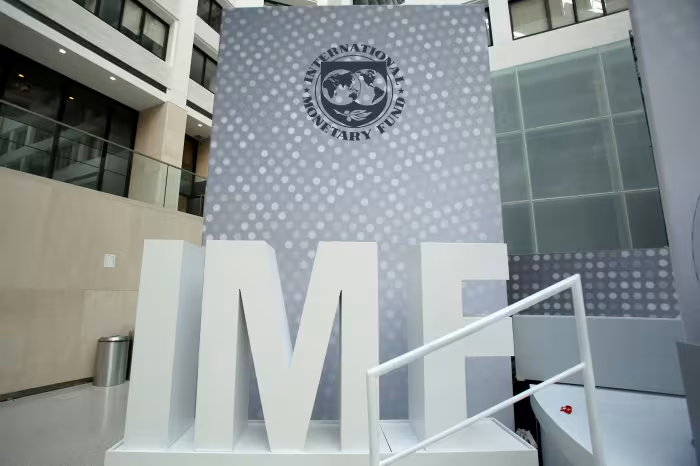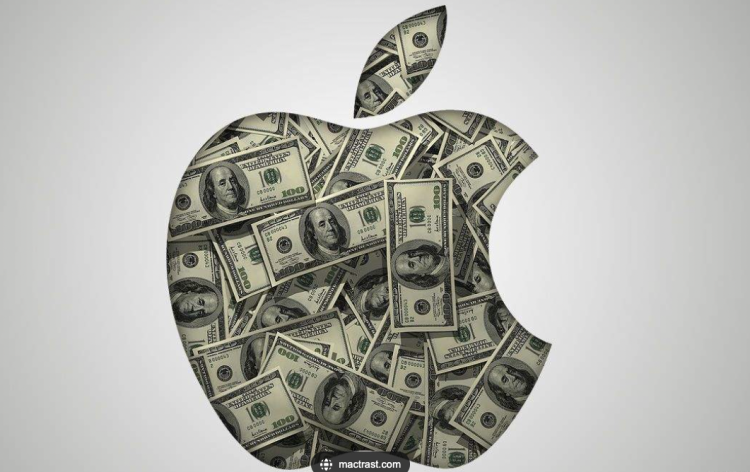Legal Verdict: Apple’s Fiscal Reckoning
An Era-Defining Legal Ruling in Luxembourg
On September 10th, a legal odyssey spanning a decade reached its conclusions as the Europe-based Court of Justice, headquartered in Luxembourg, handed down a pivotal verdict against Apple. The firm, according to a statement from the court, lost its tax case in Ireland, affirming the European Commission’s 2016 resolution. Ireland must recoup what has been determined as illicit aid given to Apple—in this instance, a staggering €13 billion. This fine is approximately forty times that of similar decisions by the Commission and stands as the most substantial figure in comparable cases. This final judgment by Europe’s highest court disallows any further appeals by Apple.
Legal Titan Clash
The Tumultuous Legal Battle Between Tech Giant and the European Commission
Apple’s tax case is among the most confrontational legal battles encircling a U.S. tech behemoth and the European Commission. The accusation by the Commission, post a two-year investigation concluded in 2016, was that Ireland had enabled Apple to evade billions in taxes. According to this, for over two decades, Apple benefited from two Irish tax rulings that artificially reduced its tax burden, necessitating a significant back-tax payment to the Irish government. In 2014, Apple’s effective corporate tax rate in Ireland was shockingly just 0.005%. The directive to Ireland from the Commission was to reclaim up to €13 billion in back taxes.
The Initial Appeal
Apple’s Defensive Maneuver with Irish Government Support
In 2019, Apple, along with the Irish government, appealed to the Commission. Apple’s defense rested on Ireland’s long-standing low tax rates to attract tech corporations. By contrast, the Irish government argued that its tax treatments of intellectual property transactions aligned with practices of other OECD nations. The General Court of the European Union in 2020 sided with Apple, overturning the Commission’s 2016 decision and asserting that the EU failed to prove Ireland had given Apple illegal tax benefits.

The Ultimate Reversal
The High Court’s Final Verdict
However, with backing from EU Competition Commissioner Margrethe Vestager, the Commission appealed the General Court’s decision, taking the case to the European Court of Justice. In this final ruling, the high court overturned the lower court’s verdict, ultimately echoing the Commission’s initial 2016 declaration that Ireland had indeed afforded Apple an illegitimate advantage, with the responsibility to recoup resting on Ireland.
The Corporate Disappointment
Apple’s Response to the Final Verdict
Apple expressed its disappointment over the September 10 ruling, citing the $577 million in taxes paid within Ireland throughout the investigation period and maintaining this as aligned with international tax laws.
The Regulatory Triumph
Vestager’s Elation at the Verdict
Conversely, Commissioner Vestager reveled in the victory, a significant stride for European taxpayers and the pursuit of tax equity, adding to her win earlier that day in a substantial case against Google, entailing a penalty of €2.42 billion. As her term as EU’s competition enforcer draws to a close in November, such victories solidify her legacy of rigorous scrutiny over tech giants for their compliance with EU policies.
The Intensifying EU-US Tech Rift
A Day of Legal Defeats Highlighting Intensifying Tensions
September 10th was landmarked not only by Apple’s defeat but also by Google’s, underscoring the intensifying friction between the EU and US tech titans, with the EU firmly aiming to regulate power abuse through data protection, taxations, and antitrust actions. With a €1.8 billion antitrust fine imposed on Apple in March for misusing its market dominance in music streaming app distribution, the message is unmistakable: there is a rising tide in regulatory enforcement and scrutiny, one that future stewards are likely to continue.





































